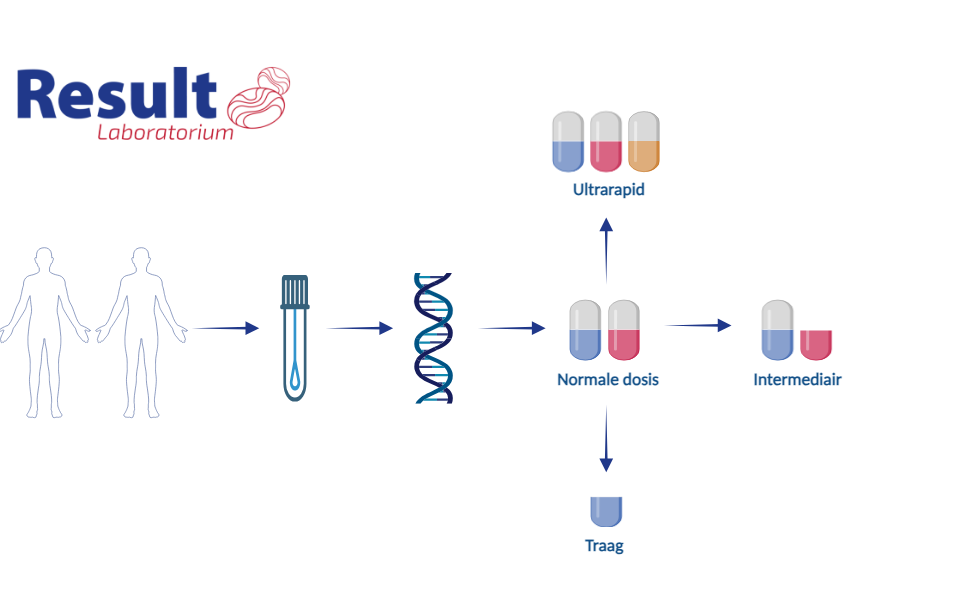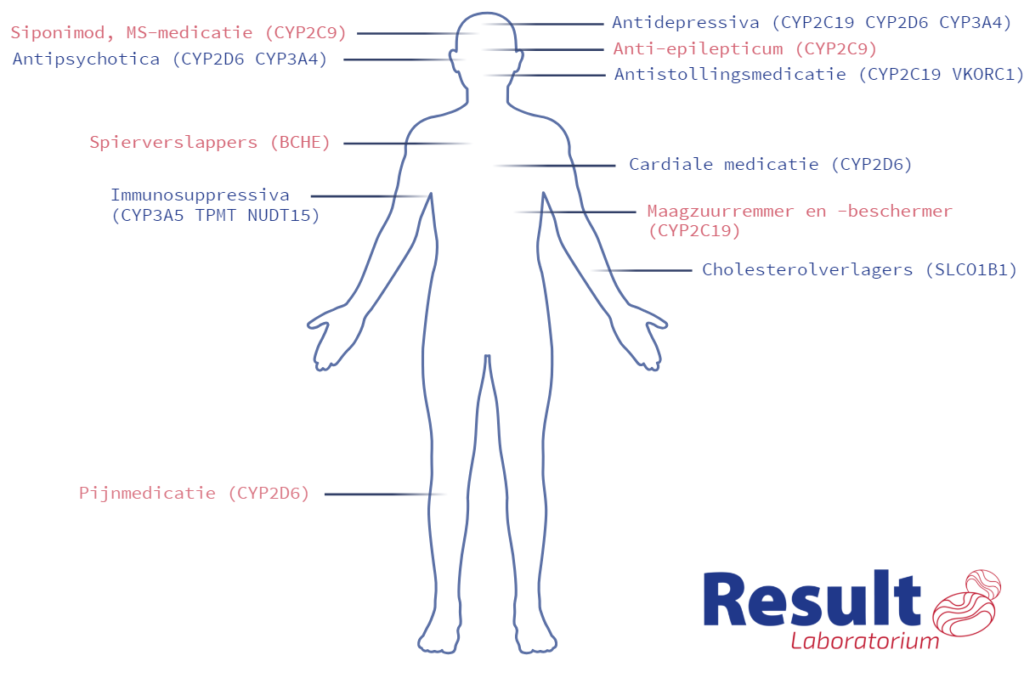How do I request it?
What is a pharmacogenetic (DNA) passport?
Pharmacogenetics examines how genetic variations influence an individual’s response to medications. This knowledge helps medical professionals select drugs and dosages that better match the patient’s genetic background, leading to safer and more effective treatments. Heredity plays a key role in this process. A DNA test can reveal which enzymes in a person are normally active, inactive, or overactive. As a result, patients may require a higher or lower dosage—or even a completely different medication—enabling truly personalized treatment
What is the purpose of a pharmacogenetic (DNA) passport?
When prescribing medications, it is often assumed that everyone metabolizes or activates drugs at the same rate. However, this is not the case: the enzymes responsible for these processes are not equally active in all individuals—some may be underactive, while others may be overly active.

Heredity plays an important role in this. A DNA test can reveal which enzymes in a person are normally active, inactive, or overactive.
DNA passport
The combined DNA information regarding enzyme activity forms the DNA passport. By including this data in the National Classification of Contraindications list (NCI list), prescribers and pharmacists are immediately alerted to any abnormalities, indicating that the dosage or type of medication should be adjusted.
Which medications are involved?
The DNA passport / pharmacogenetics can be applied to various types of medication.
Complete overview including recommendations
Overview of the medication categories for which the DNA passport is currently applicable, including the corresponding enzymes:

Convenience and one-time testing for personalized medication
This genetic information can be easily obtained through a patient-friendly buccal swab, which can be sent by mail. Thanks to our advanced technique (Next-Generation Sequencing, NGS), this test only needs to be performed once in a patient’s lifetime, as genetic information remains unchanged.
Our technique: Next-Generation Sequencing
Result Laboratorium is the only laboratory in the Netherlands that uses Next-Generation Sequencing (NGS) to analyze genetic variations. This advanced technique offers significant advantages over traditional methods such as qPCR and MPLA. NGS can detect multiple genetic variants in a single test with high accuracy and efficiency, including rare variants that may be missed by other methods. As a result, we provide a comprehensive genetic analysis that is essential for developing an effective and safe treatment plan. The following genes are included in the pharmacogenetic profile: ABCG2, BCHE, COMT, CYP1A2, CYP2B6, CYP2C19, CYP2C9, CYP2D6, CYP3A4, CYP3A5, DPYD, G6PD, MTHFR, NUDT15, SLCO1B1, TPMT, UGT1A1 en VKORC1.



